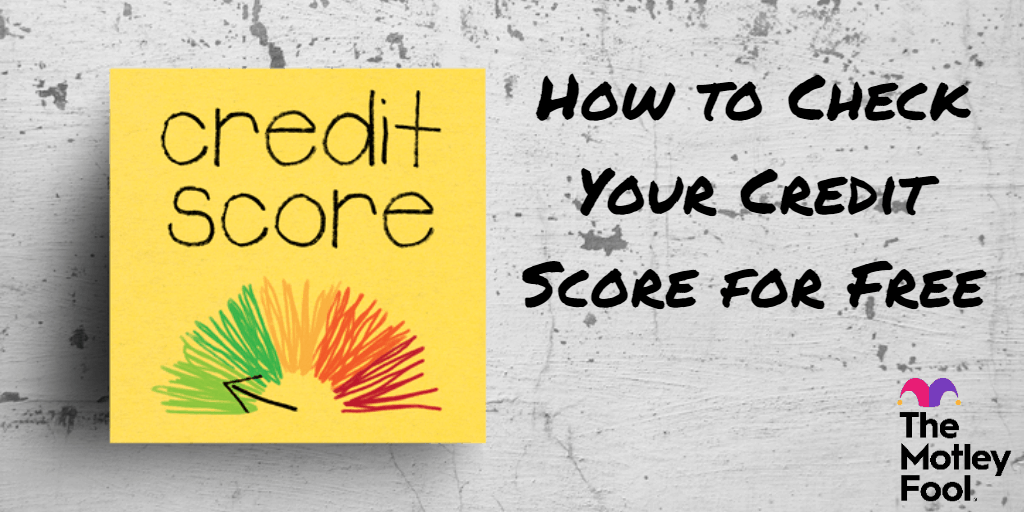A credit score is a three-digit number that helps lenders predict how well you pay bills on time. Having a high score can help you get lucrative rewards cards, lower insurance premiums, and even better mortgage rates.
In the past, Canadians had to pay a small fee, usually $20 to $30, to see what their score was. But recent legislation, as well as third-party services, are now allowing Canadians to check their credit scores for free. If you want to see your score for free, here’s what you can do.
1. Check your free credit score directly through Equifax
Equifax is one of Canada’s top two credit bureaus. As a bureau, Equifax gathers information on your crediting activities, from paying bills on time to taking out loans, and packages them into a credit report. Equifax then uses the information in your credit report to create your credit score.
Canada has always required credit bureaus to give you free access to one credit report per year. But you typically had to pay to see your credit score. In 2021, however, the province of Quebec passed legislation that required credit bureaus to give Quebecers free access to their credit scores. Equifax took this legislation one step further: it now allows all Canadians to check their Equifax credit score for free.
To get your free credit score through Equifax, simply go to its homepage. You’ll see a place where you can get a free credit score and credit report. Fill out your information, and you’ll have your Equifax credit score in a few minutes.
2. Check your credit indirectly through Transunion
As of writing this, Transunion, Canada’s other major credit bureau, has not followed Equifax in providing Canadians with free access to their credit scores (if you live in Quebec, however, you do have access through Transunion). To see your credit score through Transunion, you have to pay a small fee.
Hopefully, Transunion will provide all Canadians with free access to credit scores in the future. In the meantime, you can still request a free credit report, which will show you all the crediting information Transunion has gathered on you. Canadians can access one free Transunion credit report per year, and you can request one over the phone, through mail, or even fax (you have to pay a fee to request one digitally).
To be clear, your credit report doesn’t show your Transunion credit score. But it does give you important information, such as how much overall credit you’re using and your credit history, that will give you a rough idea of where you stand.
3. Use a third-party service
Finally, Canada has several third-party services that will give you a free credit score. You generally just need to supply them with your information, and they’ll find credit scores that match your identity. Just be careful here: the more third-party services you use, the more you have to provide private information. To combat identity theft, be sure the third-party service is secure and legitimate.
Should you ever pay to access your credit score?
Often, you’ll see third-party services and credit bureaus offer a credit score subscription, usually with a monthly charge. Unlike free credit scores, which just show you your three-digit number, a paid credit score gives you an in-depth analysis of your score as well as tools and resources to help you improve it. If that sounds like something you’d be interest in, then, by all means, pay to look at your credit score. If you just want a plain, old score, however, you can get one through Equifax or a third-party.
Will requesting your credit hurt your score?
No. Checking your credit score is considered a soft check, and it will have no impact on your credit score.
What if you’re unhappy with your credit score?
Well, then — it’s time to improve it!
If you have a good score but you want to make it excellent, just do reps: pay your bills on time and don’t charge more than 30% of your available credit. As long as you continue to pay back what you borrow, you’ll see your credit score improve slowly over time.
For those with lower scores, especially those in the fair to poor range, you can take out a secured credit card, which requires you to put down an initial deposit. Because the card is attached to the security deposit, credit card issuers are more comfortable issuing them to Canadians with bad credit.
Finally, if you carry a high balance on your card, you’ll want to get rid of it as quickly as you can. Credit utilization, or how much credit you use versus how much you’ve been given, makes up a whopping 30% of your credit score. Carrying a high balance, then, will severely lower it. If you’re carrying a high balance, look into a balance-transfer credit card. These cards come with a low introductory APR period. The lower APR allows you to put more money toward the principle and less toward interest, helping you pay off your balance faster.
Some offers on The Motley Fool are from our partners — it’s part of how we make money and keep this site going. But does that impact our reviews? Nope. Our commitment is to you. If a product isn’t any good, our review will reflect that, or we won’t list it at all. Also, while we aim to feature the best products available, we do not review every product on the market.
